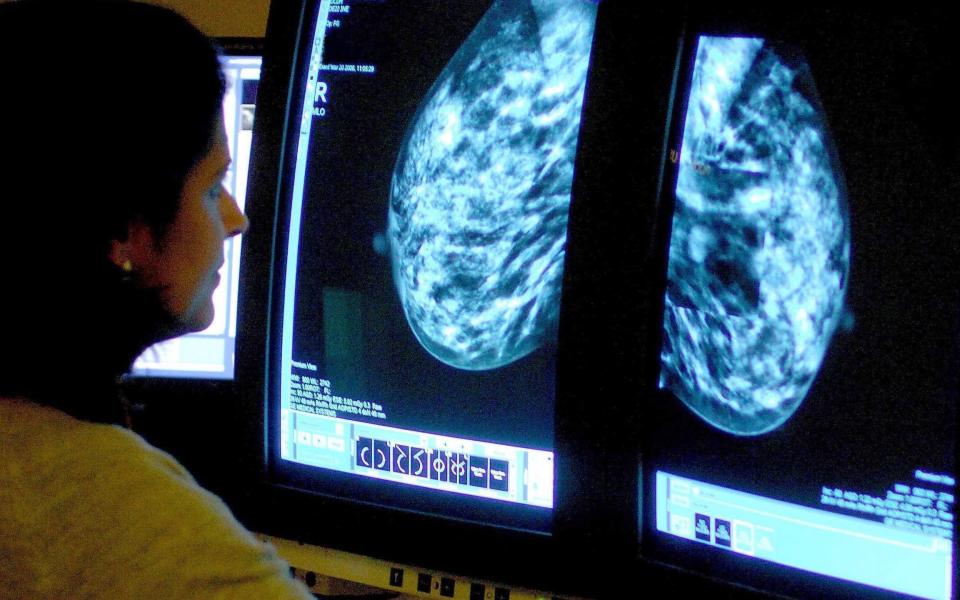Early puberty increases cancer risk, research proves
Starting puberty early increases the chances of developing cancer in later life, researchers have proved for the first time.
Scientists at Cambridge University have identified new genetic evidence linking the earlier onset of adolescence with several cancers known to be sensitive to sex hormones.
They found that for every one year earlier a person goes through puberty, their chances of going on to develop breast cancer increase by 6 per cent.
Our current study identifies direct causal links between earlier puberty timing itself and increased cancer risk
Dr John Perry, Cambridge University
Meanwhile the risk rises 28 per cent for endometrial cancer, 8 per cent of for ovarian cancer and 9 per cent for prostate cancer.
It means that a girl who starts puberty at ten has a 12 per cent greater lifetime chance of breast cancer than a girl who begins as a 12-year-old.
Previous research had suggested that the timing of puberty was associated with the risk of disease decades later, but until now it was not clear if the results were skewed by other factors known to play a role in disease such as body weight.
Published in the journal Nature Genetics, the new study found a significant connection even after taking these into account.
The Cambridge team said greater understanding of the role puberty timing plays in disease would help prevent unnecessary deaths.

Dr John Perry, who led the research, said: “Our current study identifies direct causal links between earlier puberty timing itself and increased cancer risk.
“This link could possibly be explained by higher levels of sex hormones throughout life, but we need to do more work to understand the exact mechanisms involved.”
The average age for starting puberty is 11 in girls and 12 in boys, however the timing varies widely between individuals but tends to run closely within families.
The team believe the 389 new genetic signals they have identified explain about one quarter of the estimated heritable factors which influence puberty timing, however these are thought to sit alongside numerous environmental factors which trigger the onset of adulthood.
They analysed the entire genetic make-up, or genome, of nearly 370,000 people from dozens of previous studies.
A “remarkable” new discovery was the role of so-called “imprinted” genes, which are only active in the body when inherited from one parent but not the other.
Variations of two of these genes were found both to lower the age of puberty when inherited from the father, but have no effect when inherited from the mother.
“This is intriguing as it suggested that mothers and fathers might benefit differently from puberty occurring at earlier or later ages in their children,” said fellow researcher Dr Ken Ong.

 Yahoo News
Yahoo News 
